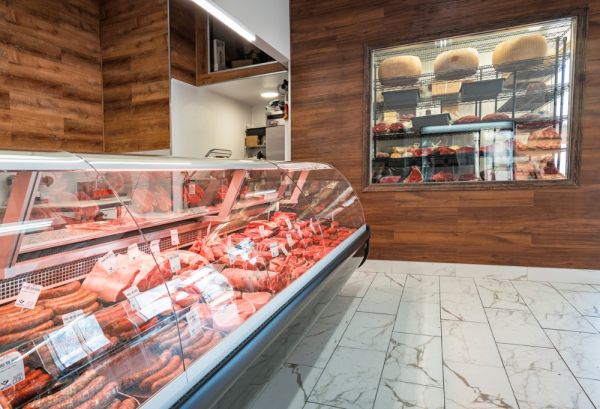
The Australian Government recently announced the closure of all cafes, pubs and restaurants across Australia in an effort to contain the spread of COVID-19. Take away and home delivery services are exempt from this directive and may continue operating.
In light of these changes, Safe Food understands that some food businesses may wish to adapt their business model and undertake new/additional food production activities.
The following scenarios provide some guidance on regulatory requirements:
SCENARIO 1: I am a retail butcher that wants to supply raw meat to other businesses for distribution (i.e. wholesale activities). Can I do this?
It depends. If you are supplying under 1 tonne of meat per week for wholesale (deliveries to other retailers, supermarkets, restaurants, cold stores), you can maintain your current accreditation with Safe Food.
However, if you are supplying more than 1 tonne of meat per week for wholesale, then this is considered a significant change in your business activities and will require a program amendment. You must update your management statement to a food safety program and submit it to Safe Food for approval before you begin undertaking these activities. Please contact us to discuss.
*Note: Home deliveries are not considered a wholesale activity.
SCENARIO 2: I am a retail butcher/meat processor that wants to provide home delivery services to the general public. What do I need to do?
You will need to amend your management or food safety program to ensure it captures all of the activities you plan to undertake. You must conduct a risk assessment of these new activities and have adequate food safety controls in place to manage them. For example, how will you ensure meat is delivered under temperature control?
Download this factsheet for further advice about the home delivery of meat.
Does my delivery vehicle need to be accredited?
If your vehicle is used for wholesale activities, an accreditation is required.
If your vehicle is only used for home deliveries and meets the requirements of Standard 3.2.3 Clause 17 of the Food Standards Code (the Code), then you do not need to accredit your vehicle. The Code states that:
(1) Vehicles used to transport food must be designed and constructed to protect food if there is a likelihood of food being contaminated during transport.
(2) Parts of vehicles used to transport food must be designed and constructed so that they are able to be effectively cleaned.
(3) Food contact surfaces in parts of vehicles used to transport food must be designed and constructed to be effectively cleaned and, if necessary, sanitised.
Further information
- If you are providing home delivery services, you must also comply with Food Safety Standards 3.2.2 Clause 10 Food Transportation: “A food business must, when transporting food: (a) protect all food from the likelihood of contamination;”
SCENARIO 3: I am a retail butcher that wants to start selling take home meals (e.g. lasagnes, pies, hot food etc.). Do I require a license?
Retail activities
If you wish to sell ready-to-eat meals to the general public, you will require a food business license issued under the Food Act 2006 from your local council. Please contact your local council for more information. You can search this directory to find the local council in your area.
Wholesale activities
If you wish to provide ready-to-eat meals to other businesses for distribution (i.e. wholesale activities), you may require a food business license issued under the Food Act 2006 from your local council. Please contact them for more information.
In addition, as an accredited business with Safe Food, you will need to amend your management statement or food safety program to reflect these wholesale activities. You must conduct a risk assessment of these new activities and have adequate food safety controls in place to manage them. For example:
- How will you prevent cross-contamination between raw and cooked foods?
- What will be your process flow?
- What is your cooking/cooling schedule to prevent the growth of spore-forming bacteria?
- Do your staff have adequate skills and knowledge in preparing ready-to-eat products?
These are just examples to consider when conducting your risk assessment. Download this factsheet for further advice about the home delivery of meat and pre-packaged meals.
Further information
All food businesses are obligated to supply safe and suitable food. If you already hold a food business licence from your local government under the Food Act 2006 you must comply with the Chapter 3 of the Food Standards Code.
